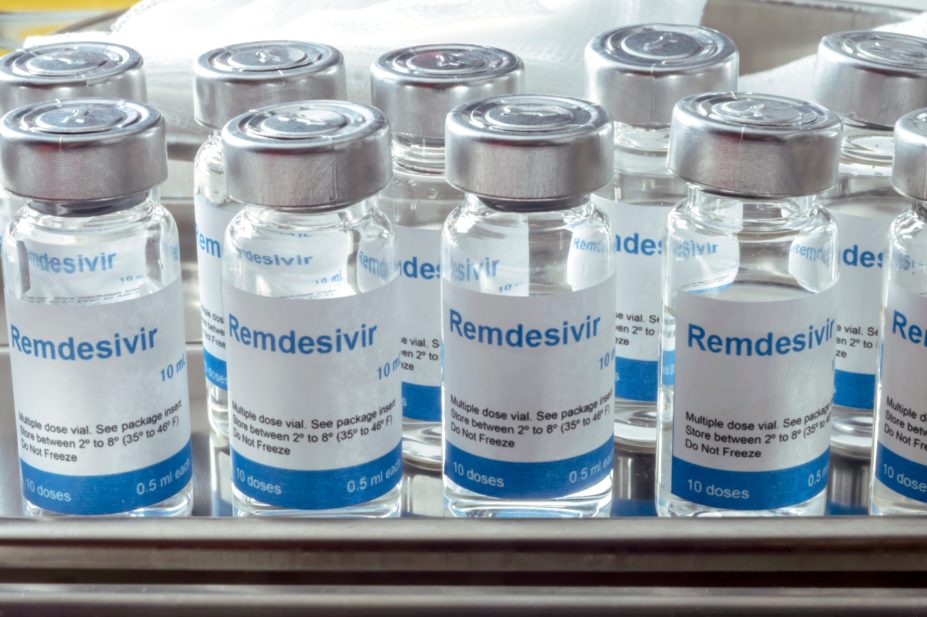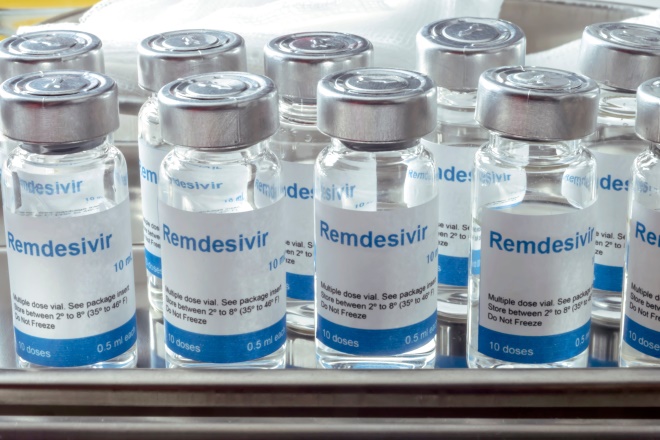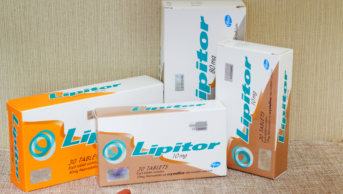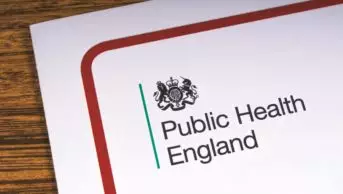
Shutterstock.com
Open access article
The Royal Pharmaceutical Society has made this article free to access in order to help healthcare professionals stay informed about an issue of national importance.
To learn more about coronavirus, please visit: https://www.rpharms.com/resources/pharmacy-guides/wuhan-novel-coronavirus

Source: Shutterstock.com
The antiviral medicine remdesivir was first developed to treat Ebola
The European Medicines Agency’s (EMA’s) safety committee is to review reports of acute kidney injury (AKI) in some patients being given remdesivir for COVID-19.
At the same time, a benefit–risk analysis carried out by the UK’s Drug Safety Research Unit (DSRU) has highlighted “limited” safety data available on remdesivir and found it was “unclear” whether reports of serious adverse events, including AKI, were caused by COVID-19 or remdesivir.
The antiviral medicine remdesivir was the first COVID-19 treatment in the UK to be made available for use outside a clinical trial after evidence showed it could shorten recovery time. The drug was also given a “conditional” marketing authorisation in the European Union for the treatment of COVID-19 in adults and adolescents aged 12 years and over with pneumonia, who require supplemental oxygen.
Donald Trump, president of the United States, has been reported to have been given the drug to treat COVID-19.
According to the EMA, renal toxicity was evaluated at the time of the marketing authorisation application, primarily on the basis of animal studies. It was highlighted in the risk management plan as an “important potential risk”, where further information was needed to better understand the effects of remdesivir on the kidneys.
For its review, the EMA’s Pharmacovigilance Risk Assessment Committee will assess all available data to determine if there is a causal relationship between remdesivir and AKI.
In cases where a causal relationship is confirmed or considered likely, regulatory action may be necessary; usually in the form of an update of the summary of product characteristics and the package leaflet. As yet, recommendations for the use of the drug remain unchanged.
Meanwhile, the systematic benefit–risk assessment of the available literature carried out by the DSRU concluded that preliminary clinical trial results suggested there “may” be a “favourable” benefit–risk profile for remdesivir, compared with placebo, for severe COVID-19 infection.
However, they also said that there was “limited” safety data and, as a result, the researchers said it was “unclear” whether reports of serious adverse events — including AKI, respiratory failure and gastrointestinal events — were caused by COVID-19 or remdesivir.
They concluded that the study would need to be updated as more safety data became available.
“Following media reports that president Trump has received remdesivir, evaluation of the current evidence supporting use of this drug in COVID-19 treatment is timely,” said Saad Shakir, director of the DSRU.
“Remdesivir is a repurposed drug, originally developed for treatment of Ebola, so it’s critical we understand its benefits and risks.
“Overall, our study shows a favourable benefit–risk profile, with the clinically significant benefit in reducing recovery time. But the paucity of safety data means we will need to keep reviewing and updating our benefit–risk analysis.”
At the end of September 2020, the Department of Health and Social Care announced that patients with COVID-19 will now have to meet additional criteria before being prescribed remdesivir as supplies of the drug have become limited.


